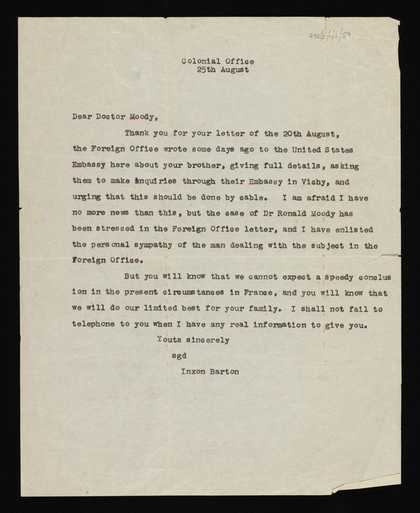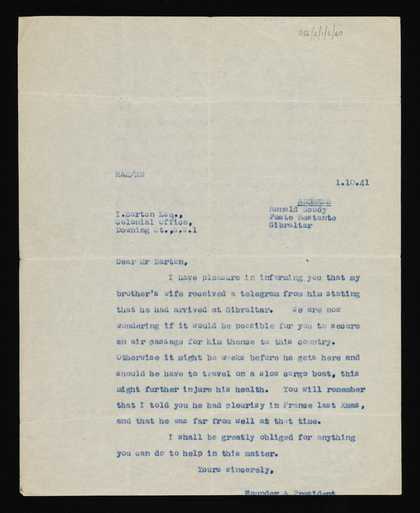Biography
The Colonial Office was a government department of the Kingdom of Great Britain and later of the United Kingdom, first created in 1768 from the Southern Department to deal with colonial affairs in North America (particularly the Thirteen Colonies, as well as, the Canadian territories recently won from France), until merged into the new Home Office in 1782. In 1801, colonial affairs were transferred to the War Office in the lead up to the Napoleonic Wars, which became the War and Colonial Office to oversee and protect the colonies of the British Empire. The Colonial Office was re-created as a separate department 1854, under the colonial secretary. It was finally merged into the Commonwealth Office in 1966.
Despite its name, the Colonial Office was responsible for much, but not all, of Britain's Imperial territories; the protectorates fell under the purview of the Foreign Office, and the British Presidencies in India were ruled by the East India Company until 1858, when the India Office was formed to oversee the administration of the new Viceroyalty of India (the Crown ruled India directly through a Viceroy after the Indian Rebellion), while the role of the Colonial Office in the affairs of the Dominions was replaced by the Dominion Office in 1925.
The department for much of its history was headed by the Secretary of State for the Colonies, known informally as the Colonial Secretary.
This biography is from Wikipedia under an Attribution-ShareAlike Creative Commons License. Spotted a problem? Let us know.
Read full Wikipedia entry


